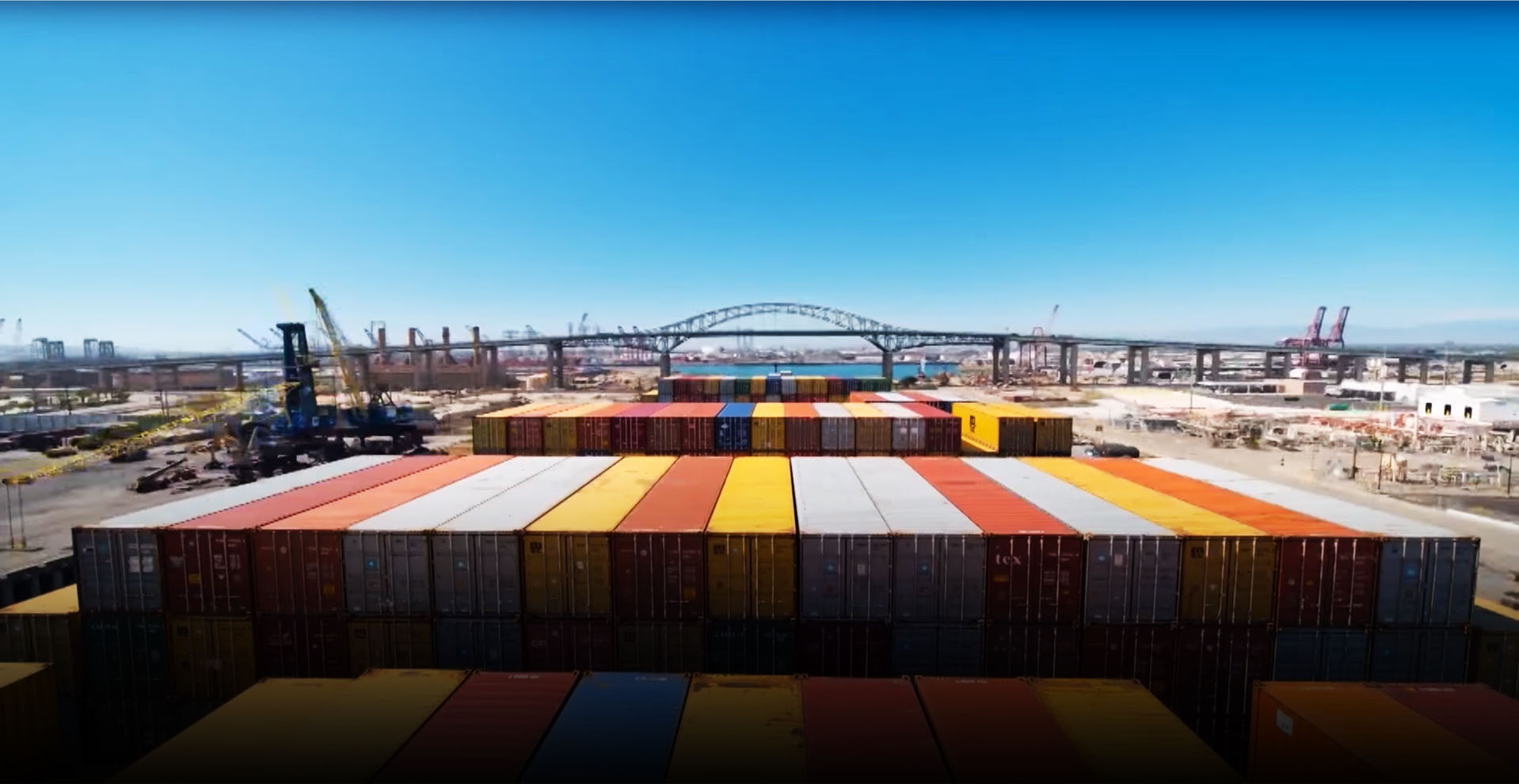Research Projects
Stop the VideoResearch Projects


Reducing Truck Emissions and Improving Truck Fuel Economy via Intelligent Transportation System Technologies
Project Summary
Project number: NCST-DOT-004
Funding source: US DOT
Contract number: DTRT13-G-UTC29
Funding amount: $90,000
Performance Period: 5/20/2014 to 9/30/2017
Project description
The aim of this project is to use intelligent transportation system (ITS) technologies that take into account the presence of trucks in the traffic flow, in order to improve impact on the environment by reducing fuel consumption and pollution levels in areas where the truck volume is relatively high. The work is divided into two parts.
In the first part, we propose an integrated variable speed limit (VSL), ramp metering (RM) and lane change (LC) controller using feedback linearization. The proposed integrated controller keeps the bottleneck flow at the maximum level and homogenizes the density and speed of the traffic flow along the highway sections. This improvement of the traffic flow characteristics lead to improved fuel economy and reduction in tailpipe emissions of both trucks and passenger vehicles. In order to evaluate the performance of the integrated traffic controller, a microscopic traffic simulation network of the I-710 highway, which is connected to the Ports of Long Beach/Los Angeles and has high truck volume, is developed. We use Monte-Carlo traffic flow simulations to demonstrate that the integrated traffic controller can generate consistent improvements with respect to travel time, safety, fuel economy and emissions under different traffic conditions.
In the second part, we compared the proposed feedback linearization controller with the widely-used model predictive traffic controller in terms of performance and robustness with respect to perturbations on traffic demand, model parameters and measurement noise. Results show that both controllers are able to improve the total time spent, which leads to improvements in fuel economy and emissions, under different levels of perturbation and noise. The feedback linearization controller however, guarantees good performance and robustness properties than the model predictive controller with much less computational effort.
Link to Final Report
https://escholarship.org/uc/item/2rr3b8mz
P.I. NAME & ADDRESS
Petros IoannouProfessor of Electrical Engineering Systems, Ming Hsieh Department of Electrical Engineering; USC Viterbi School of Engineering
3740 McClintock Avenue
Hughes Aircraft Electrical Engineering Center (EEB) 200BLos Angeles, CA 90089-2562
United States
[email protected]















